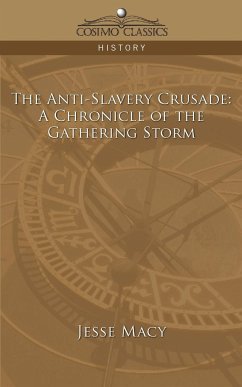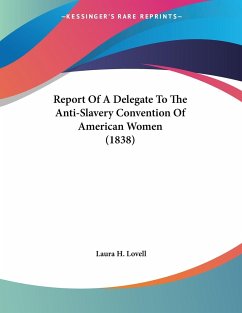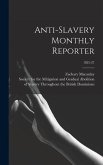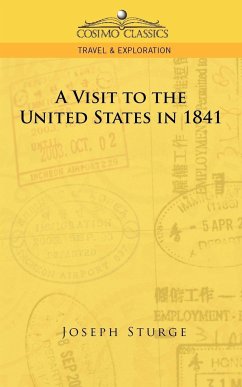There is no evidence that there was any direct connection between the publication of the Liberator and the servile insurrection which occurred during the following August. It was, however, but natural that the South should associate the two events. A few utterances of the paper were fitted, if not intended, to incite insurrection. One passage reads:... "Rather than see men wearing their chains in a cowardly and servile spirit, I would, as an advocate of peace, much rather see them breaking the heads of the tyrant with their chains." -from "The Turning Point" It's the rare history book that offers first-person knowledge combined with an understanding of the grander context in which the events depicted too place, but we have such a unique confluence in this 1919 book. Jesse May, born into a family of Midwest abolitionists and a Quaker noncombatant during the Civil War, grew up to become a respected historian and political scientist, and he brings his unusual perspective on slavery and abolition in America to this concise, clear-headed survey. From an expurgated tidbit condemning slavery in an early draft of the Declaration of Independence to the particular power of women in the antislavery movement, Macy's work is a brief but devastating argument about hypocrisy, democracy, and freedom in America in the mid-19th century. American political scientist JESSE MACY (1842-1919) was a professor at Grinnell College. He wrote extensively on political, social, and civic matters.
Hinweis: Dieser Artikel kann nur an eine deutsche Lieferadresse ausgeliefert werden.
Hinweis: Dieser Artikel kann nur an eine deutsche Lieferadresse ausgeliefert werden.








